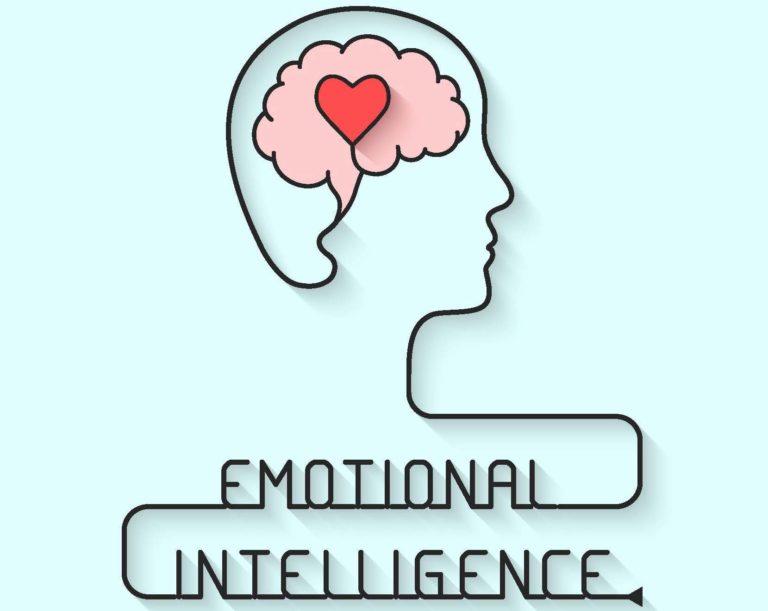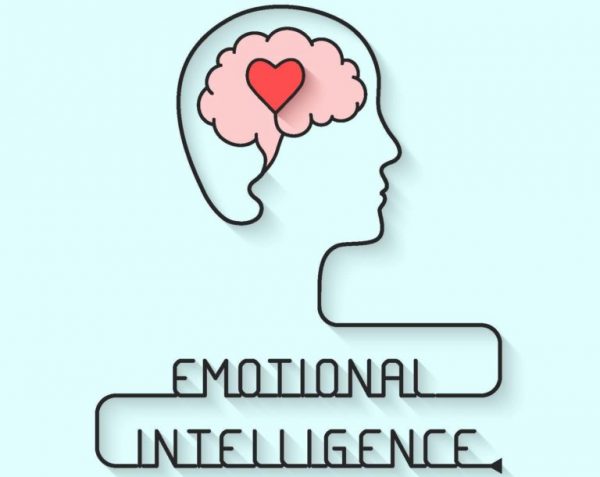In a 21st century world where work is automated and powered by Artificial Intelligence (AI) and our lives revolving around social media, productive interpersonal relationship is fast dying out.
Read more about Personal Development
These days, people’s lives revolve around their gadgets, which makes them unaware of their immediate environment. In this article, we shall explore why we need to be emotionally intelligent, especially in this digital age.
Emotional intelligence is the ability to recognise the emotions in ourselves and others. It is the ability to be empathic enough to know someone’s state of being and what triggers or stabilises their emotions and be guided by that information in relating with them. Emotionally intelligent people are more compassionate and can interpret people’s feelings, making them get along with people.
This skill makes them more successful than those with no or little emotional intelligence. Therefore, this makes emotional intelligence worth studying and it is important in our everyday life. In this article, we shall explore the importance of emotional intelligence.
-
Emotional Intelligence Creates Self-Awareness
The major component of emotional intelligence is self-awareness. Since emotional intelligence is all about knowing what stimulates, triggers or depresses us, we can easily identify our strengths and weaknesses and align ourselves accordingly when relating with people or making decisive choices of whom to be in a relationship with or what kind of job that best suits us.
-
Effective In Workplace
An emotionally intelligent person is a better team player and a graceful coworker. Rather than engaging in unhealthy competition and rivalry with coworkers, he collaborates instead.
As an employee, he can understand the emotions of his employer, and use them to his advantage. For instance, an emotionally intelligent person knows how to engage his/her employer by reading their state of emotion. He/she will not present a tasking demand to an already stressed employer.
Sign up to the Connect Nigeria daily newsletter
An emotionally intelligent employee will always understand what negatively or positively triggers or stabilises the emotions of his employer and take appropriate steps to either eliminate negative triggers or invent stabilisers, just to create a peaceful atmosphere.
As an employer, he/she can get the best out of his employees by putting in place people-friendly policies that motivate employees, which leads to better output or productivity.
Emotional Intelligence eliminates the Boss-Servant relationship, where people feel superior or inferior to one another, and creates a Leader-Leader relationship, where everyone is treated with a great level of importance.
- Indispensable in Marriage and Relationship
A relationship that is bereft of emotional intelligence is bound to hit the rocks. Simply put, emotional intelligence makes you sensitive to your partner’s feelings and makes you act accordingly.
As an emotionally intelligent person, you can easily spot your partner’s love language: Words of Affirmation, Acts of Service, Receiving Gifts, Quality Time, and Physical Touch. Relationships are full of ups and downs, and it takes emotional intelligence to know how to respond.
In conclusion, emotional intelligence is a soft skill that we all need in order to observe, identify, and understand our feelings and the emotions of others so as to act accordingly. At the heart of emotional intelligence are self-control, effective communication, graceful social skills, and personal and interpersonal relationships and self-awareness.
This skill can help us influence and motivate people, which is very instrumental for personal or professional success.
Featured Image Source: TeachHUB
Got a suggestion? Contact us: [email protected]


